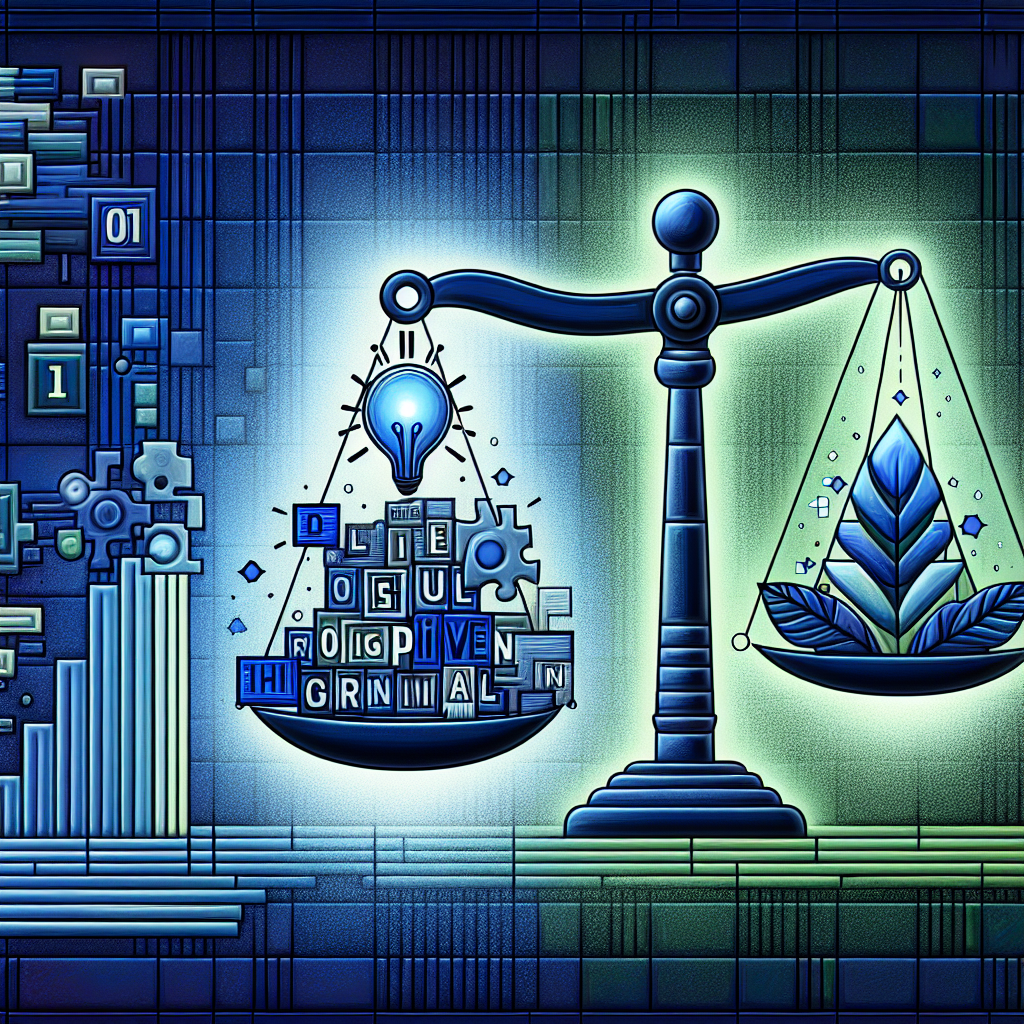AI Spam Sneaks Past Original News: Google Search Displays a Sense of Humour in Ranking Results

“Google Search Ranks AI Spam Above Original Reporting in News Results”
“In a blog post on Thursday, Richard Gingras, Google’s vice president of news, said the company had adjusted its algorithms to better favor ‘original reporting,’ as well as make those stories stay more visible for longer.” One would nearly jump for joy upon reading this tidbit. At long last, Google has heard the public’s pleas. The almighty search engine has finally decided to sprinkle some favor on original reporting. We’ve all seen the spam mountain that exists in the world of the internet, and now artificial intelligence is stepping up to tackle it.
Google’s vice president of news, Richard Gingras, suggests a whole new world where all stories stand the test of time. The company has done a little fine-tuning on its algorithms so now the first one who breaks the news, gets the attention they well deserve. A whole market strategy was turned on its head to value original reporting. Despite these grand intentions, it seems that even Google’s oracular ability could be in for a bit of a bumpy ride when trying to discern what is and isn’t ‘original’.
Be under no illusions, this change is a prospective game-changer for seasoned journalists and news outlets worldwide. It ensures that the hard work, dedication and hours put into breaking a story first doesn’t go unnoticed. Whilst Google’s sincerity may be genuine, it’s impossible to ignore the elephant in the room- just exactly *how does Google plan to determine the “originality” of a report?*
The company was a bit coy in explaining how exactly their tweaked algorithms would work this wonder. Gingras vaguely promised that the AI would ‘consider a variety of signals’ to differentiate between original and non-original content. Yes indeed Google, the whole world is eager to learn about this mystical variety of signals that the AI would consider.
This whole endeavor, as much as it’s meant to revolutionize the way content providers work, seems rather like the age-old riddle of the chicken and the egg. What came first- the original news or its hundred repurposed versions on the web?
Moreover, who really gets to decide what’s original? The panel of erudite experts at Google? The much-touted AI? Or is it the free-for-all internet traffic that gets the last say? A big applause to Google for its effort, but unfortunately, despite their good intentions, the answers remain helplessly murky.
The stakes are high. Let’s hope this strategy lives up to its promise and not merely adds another layer to the overwhelmingly crowded web. Until then, journalists and content creators around the world may find themselves caught in this digital tug of war. As they say, the proof is in the pudding, so only time will tell whether this grand operation by Google leads to a new dawn for original reporting, or merely descends into a muddy pit of confusion.
